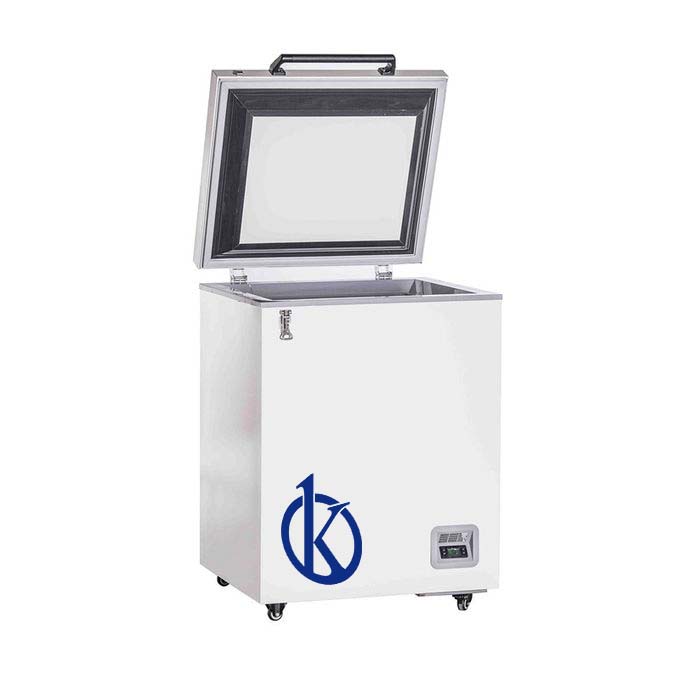Refrigerators are essential in many laboratories, both to keep materials at a safe temperature and to store finished products. Although using a refrigerator is relatively simple, there are a few things to keep in mind to use them in the most efficient and safe way.
Most refrigerators have a preset temperature, but it is important to check the temperature before storing any product in the refrigerator. Most materials must be kept between 2°C and 8°C, and many products require specific temperatures to maintain their quality. Storing products at a higher temperature than necessary can shorten their shelf life, while storing them at too low a temperature can damage them.
Efficiency of Refrigerators for Conservation
The vaccine has been used for many years and has been shown to be very effective in preventing disease. However, the vaccine must be stored correctly in order to maintain its effectiveness. The smallpox vaccine is produced from live or killed viruses. These viruses are grown in cells from animals or human tissues. Once they are ready, they are mixed with a substance called an adjuvant, which helps improve the body’s immune response.
These are stored in glass or plastic bottles or ampoules. The bottles or ampoules are filled with a specific amount of vaccine and sealed. Then, they are placed in a cardboard box for shipping and storage. They should be stored in a cool, dry place away from direct sunlight. However, if a refrigerator is not available, the vaccine may be stored at room temperature between 15°C and 25°C for a maximum of 30 days.
Measures for the Conservation of Vaccines
There are a number of refrigerators and freezers designed specifically for storing vaccines and Kalstein have the right ones, these have precise temperature controls to ensure that vaccines are kept at the right temperature. They also have alarms that are triggered if the temperature breaks safe limits and minimize the risk of vaccines drying out or being damaged by freezing.
However, it is important to follow specific guidelines to ensure that vaccines remain safe and effective.
The temperature of the refrigerator should be monitored with a thermometer.
Frequent opening of the refrigerator should be avoided to prevent heat entering.
If it is necessary to open the refrigerator frequently, the door should be kept open for as short a time as possible.
Vaccines can also be stored in a freezer, but care should be taken not to freeze vaccines.
Frozen vaccines should not be thawed and re-frozen. If thawed, they should be used immediately or discarded. Temperature changes can damage vaccines.
Vaccines should be placed in sealed plastic bags or airtight containers to minimize contact with air. Vaccines are an essential tool for public health. Their effectiveness is reduced if they are not stored and transported properly.
Kalstein brand refrigerators
For the different pharmaceutical sectors, the use of the Refrigerator becomes the ideal equipment for the conservation of any type of samples besides medicines and vaccines. They feature a unique insulated interior door design for four separate storage compartments to minimize frost build-up inside the chamber. Specialized central system design for balanced operation of the cascade cooling system. Positive archived proven reliability record, etc. among other more features you can enjoy by visiting HERE
In addition, as manufacturers we can guide them, so that their purchase is ideal and at excellent prices. Take a look at HERE

